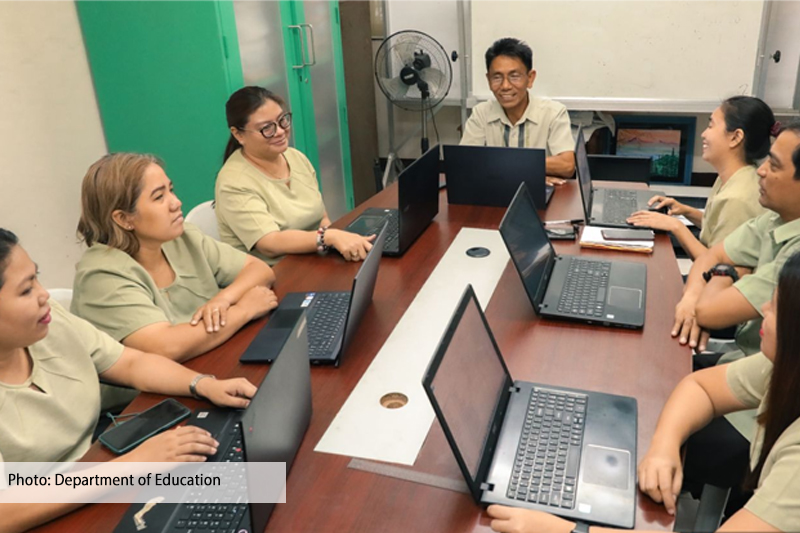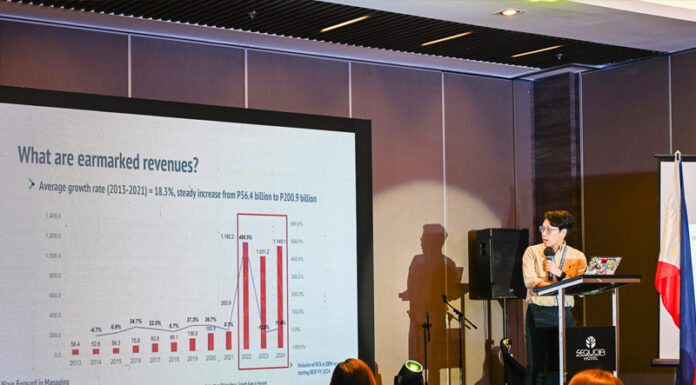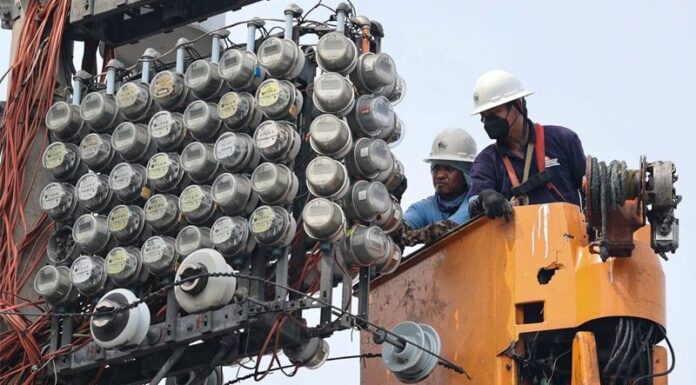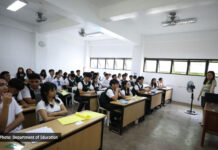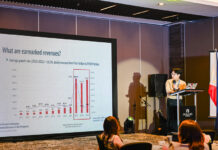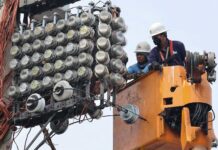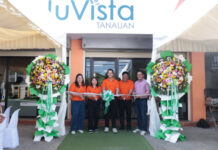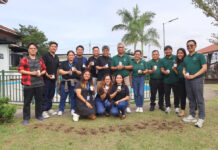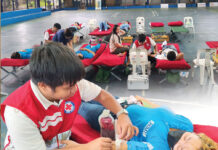Experts flagged gaps in teacher training, issues in school leadership, and the slow integration of sustainability into higher education curricula as persistent challenges that must be addressed to improve the country’s education system.
While these are not the only issues facing the education sector, these were the focus of the 10th Socioeconomic Research Portal for the Philippines (SERP-P) Knowledge Sharing Forum on August 5, organized by the Philippine Institute for Development Studies (PIDS) and the Polytechnic University of the Philippines (PUP).
Speakers pointed to regional disparities in teacher training and the limited capacity of school-based management as pressing concerns.
They urged tighter oversight, stronger leadership development, and new models like “Advocacy Hubs” for sustainability, to help produce competent teachers, responsive school heads, and graduates to contribute to national and global development goals.
Teacher training: gaps in access to excellence
PIDS Project Technical Specialist Jenard Berroya, presenting the study “Mapping Excellence in Teacher Education: The Role of Centers of Excellence in Teacher Quality,” noted that most Centers of Excellence (COEs) and Centers of Development (CODs) remain concentrated in Luzon, leaving Visayas and Mindanao with fewer opportunities for quality training.
“As of 2023, there are about 36 COEs and 38 CODs in the Philippines specific to teacher education,” Berroya said, with Luzon hosting 25 COEs and 18 CODs, compared to just 5 COEs and 9 CODs in the Visayas, and 6 COEs and 11 CODs in Mindanao.
COEs and CODs, designations granted by the Commission on Higher Education (CHED), recognize institutions with strong performance in instruction, research, and extension.
They are intended to set benchmarks to attract top students and faculty and uplift other schools.
Berroya recommended tighter CHED monitoring, closer follow-ups with struggling institutions, and partnerships between high- and lower-performing schools.
He also suggested providing more incentives for students to enroll in COEs and CODs, and enhancing CHED regional oversight.
“Strengthening COEs and CODs is not just about prestige, it’s about raising teacher quality nationwide,” he said.
Leadership development is critical to School-Based Management
Shifting to governance, SEAMEO INNOTECH Educational Research and Innovation Office Manager Dr. Diosdado M. San Antonio emphasized in his study “Learning-Focused and Future-Oriented School-Based Management (SBM)” that effective school leadership is critical to student outcomes.
SBM is a decentralization approach that gives schools more authority and accountability to address local needs and improve student learning.
It often involves principals, teachers, parents, and communities, making schools more responsive to local contexts and encouraging innovation.
However, findings revealed that overlapping activities, time constraints, and resource limitations continue to challenge its implementation.
“There is a need to supplement existing competency frameworks for school heads and education leaders [so they can] be more proactive, results-oriented, and empowering,” San Antonio said.
He called for leadership development programs, stronger resource support, and stronger communities of practice that allow education leaders to share solutions.
Higher education aligns with sustainability goals
Closing the forum, PUP College of Communication Dean Dr. Jose Reuben Q. Alagaran II highlighted higher education’s role in advancing the United Nations Sustainable Development Goals (SDGs).
With only five years left to the 2030 SDG deadline, Alagaran proposed institutionalizing “Advocacy Hubs”—physical or virtual spaces that unite higher education institutions’ (HEIs) instruction, research, and extension functions.
These hubs, he said, would equip students with critical skills, align curricula with SDGs such as Quality Education, Gender Equality, Reduced Inequalities, and Climate Action, and help address misinformation around climate change.
Alagaran stressed that to succeed, Advocacy Hubs must be embedded in academic structures, sustainably funded, and connected through networks of partner institutions and communities.
“The Advocacy Hub that I’m proposing will not only promote the SDGs but eventually become a policy research center, and policy is vital to making these goals real,” Alagaran said.
Shared mission for PH education
The forum highlighted the shared recognition that improving teacher quality, empowering school leaders, and embedding sustainability are not isolated fixes but interconnected reforms that will define whether the Philippine education system can catch up with international benchmarks and deliver on its promise by 2030.| – TMT


